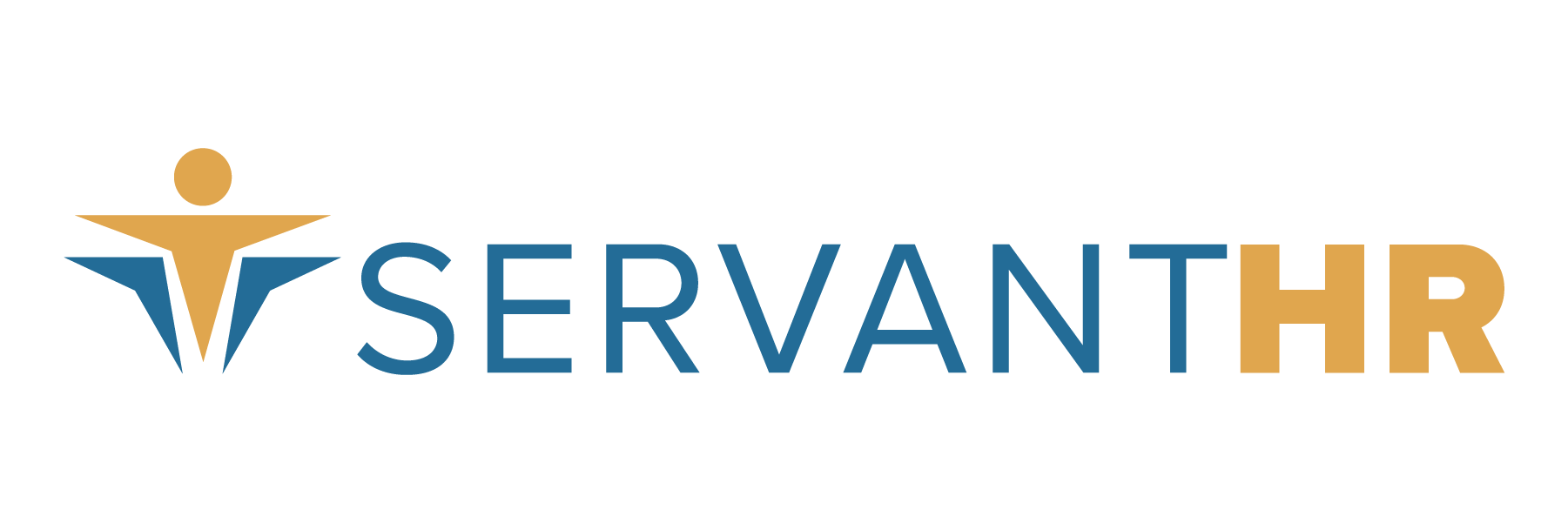
Don’t Stop, Drop and Roll Yet – Non-Competes are About to be Banned (FTC) and Exempt Employee Salary Levels are Increasing (DOL)
NOTE: The requirements and timeline for the ban on Non-Competes by the FTC may be affected by pending litigation. Until we learn otherwise, the current effective date is September 4, 2024.
Leading up to these announcements, Servant HR has already begun the process of evaluating who will be affected by both of these major changes.











